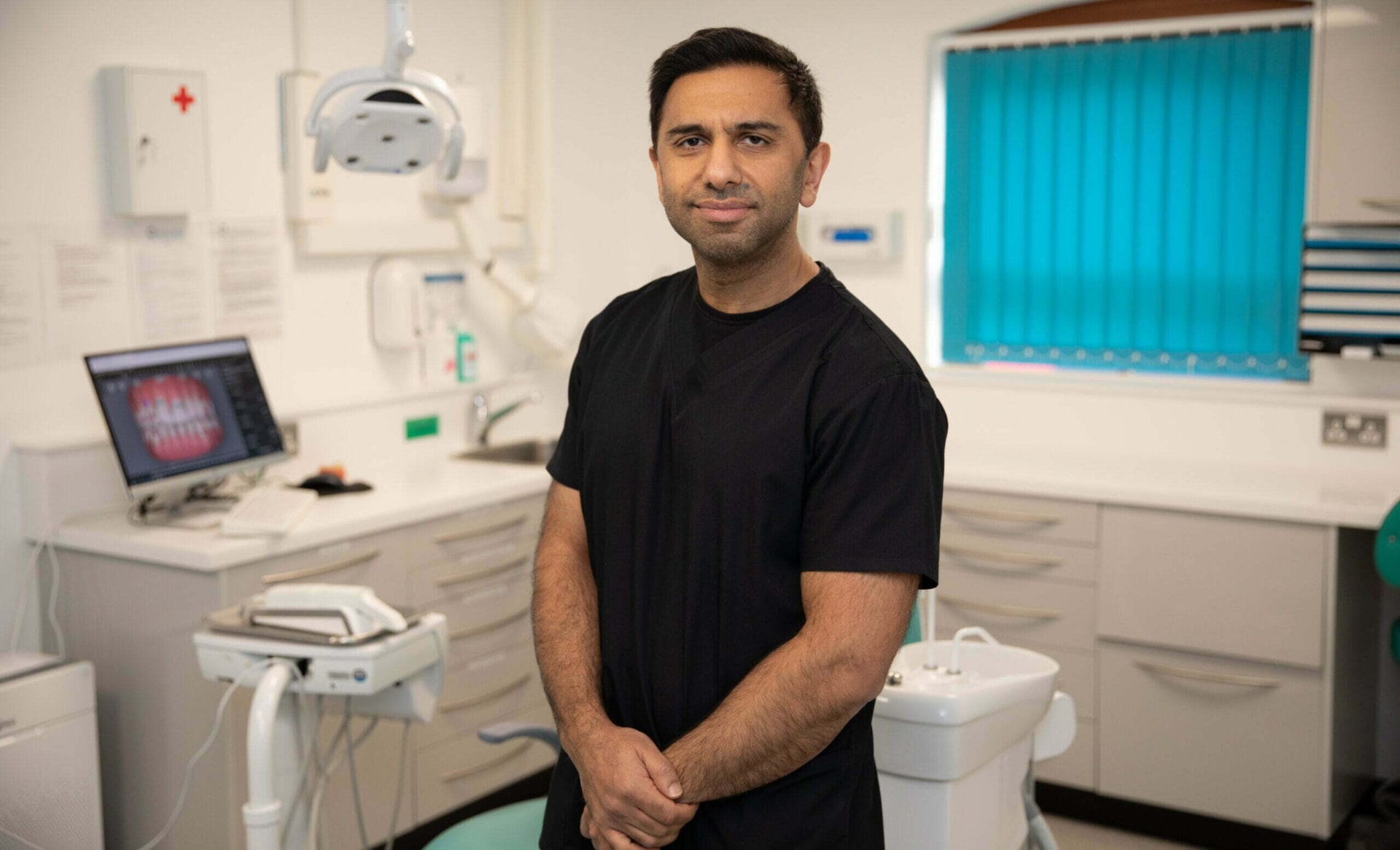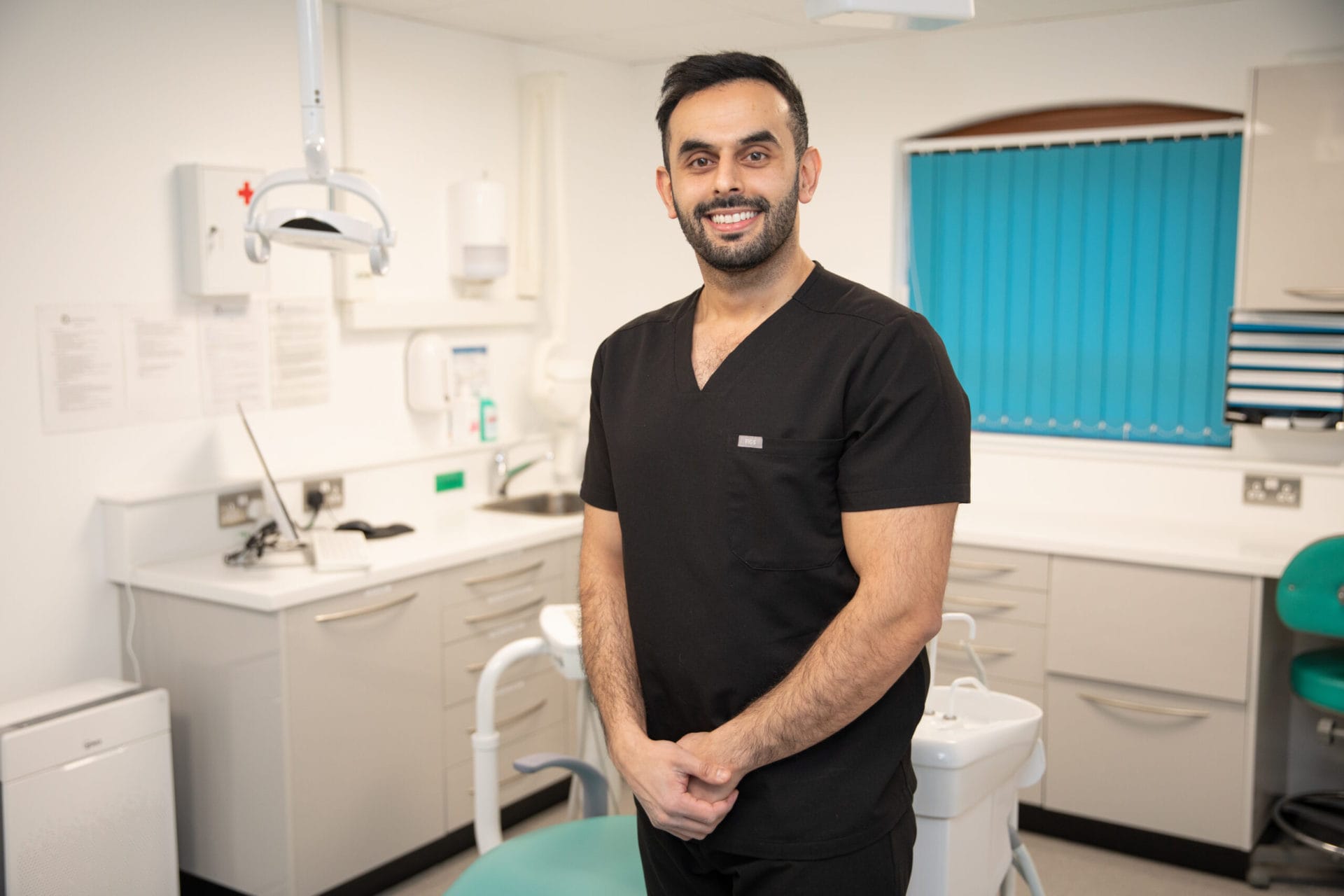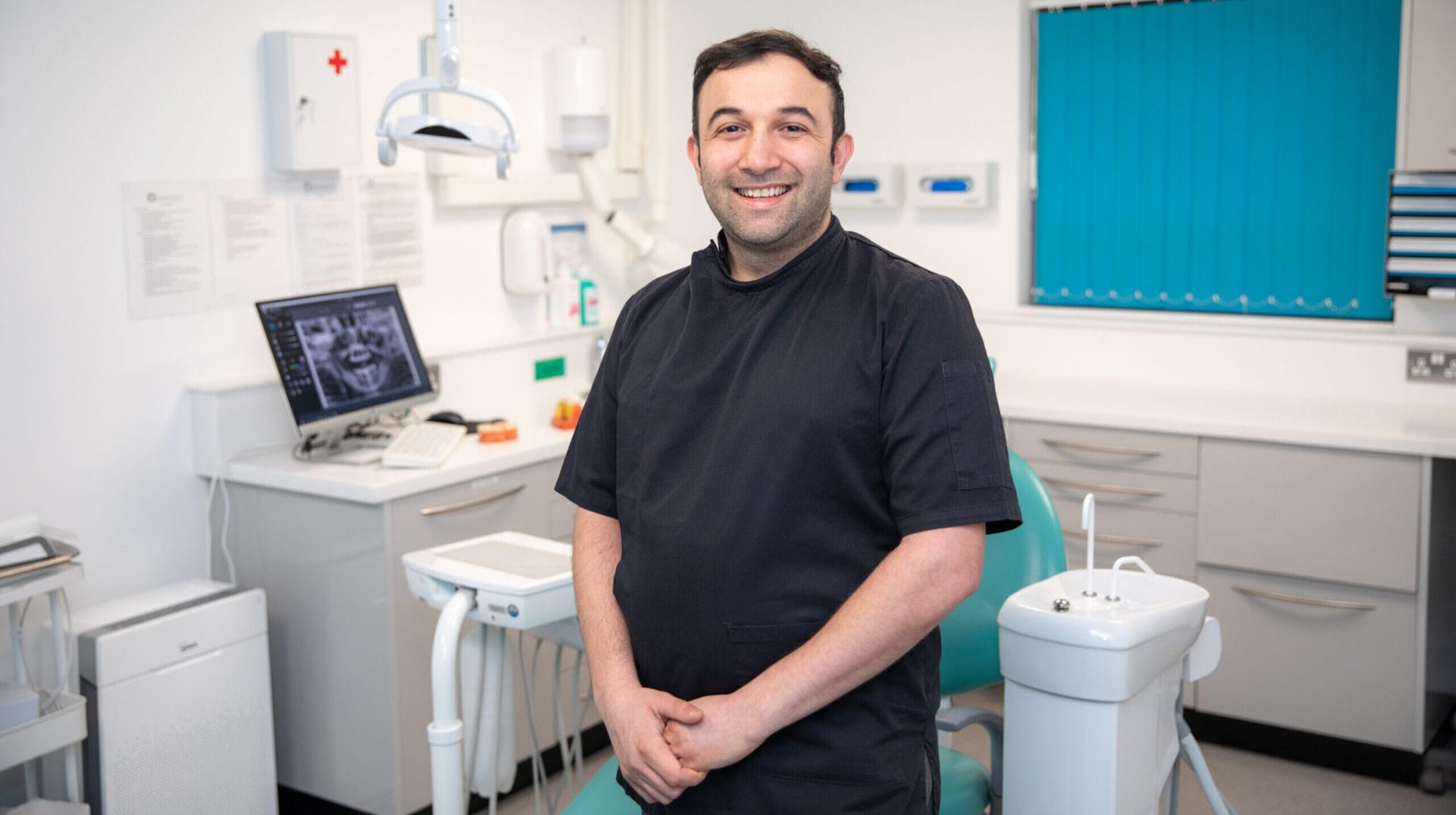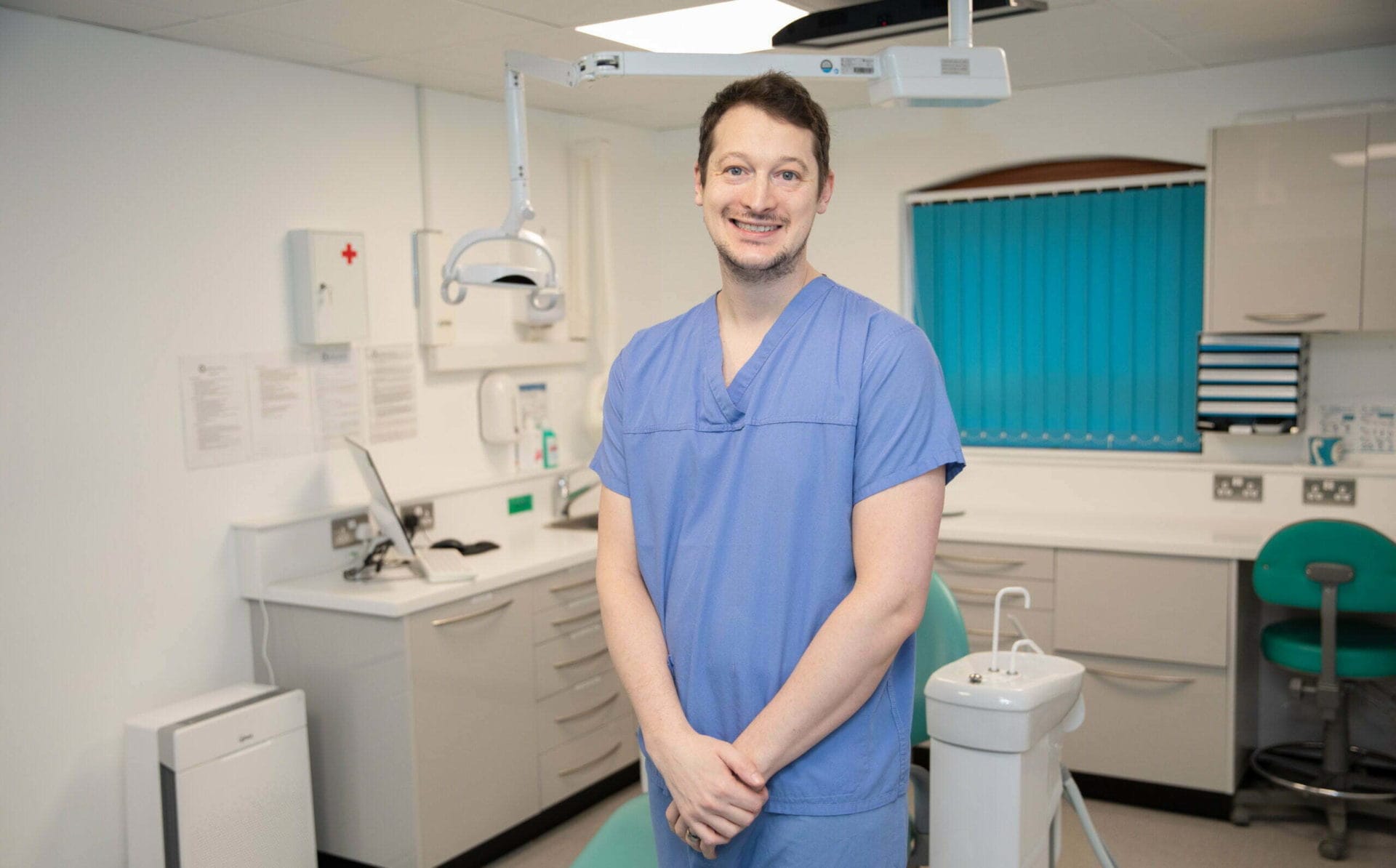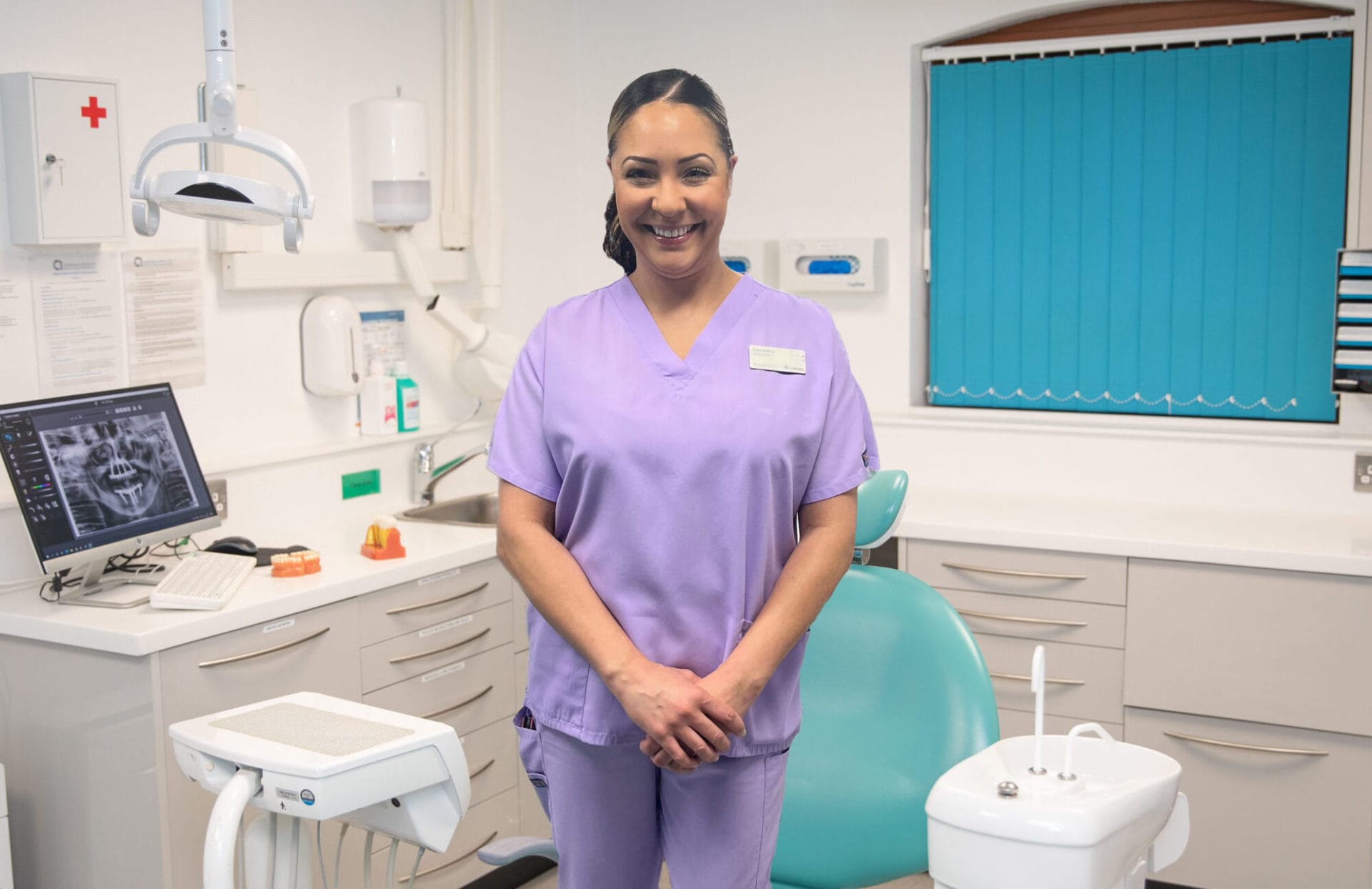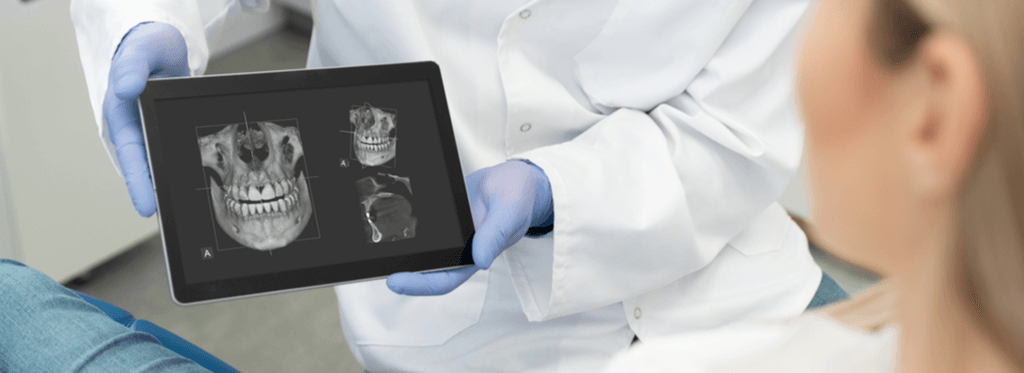
Have you ever looked in the mirror and noticed that your teeth aren’t quite where they used to be? You’re not alone! Teeth migration, or tooth movement, may seem strange, but it’s a condition that affects many of us.
From the natural ageing process, to more complex dental issues – there’s a number of reasons why your teeth could move over time. In this blog we’ll get into the details so, whether you’re noticing a slight shift in your smile, or you’re just curious as to why these changes occur, this blog is your one-stop resource.
Let’s get into it.
What is Tooth Migration?
Tooth migration, a term that might sound a bit adventurous for something as stationary as teeth, is actually a common dental condition. It refers to the gradual movement of teeth over time, away from their normal position.
This movement can be subtle or significant, and the implications of teeth migration vary. It can lead to gaps between teeth, overcrowding, and bite issues, which might affect your ability to chew or speak properly. Aesthetically, it can change the appearance of your smile and facial structure.
Fortunately, there are various treatments available for managing teeth migration. Orthodontic solutions like braces or the Inman Aligner can correct misaligned teeth. If the migration is due to tooth loss, dental implants or bridges can be effective. Treating underlying periodontal disease is also crucial in preventing further migration.
Causes of Teeth Migration
Understanding why the migration of teeth happens can help you address and prevent potential ongoing dental issues. Here are some of the main causes of tooth migration:
Orthodontic treatment
Orthodontic treatment is designed to move teeth into desired positions. However, if not carefully monitored, this movement can become uncontrolled, leading to unintended migration. Some dental treatments can even make teeth less stable and more likely to move.
Gum disease
Gum disease, particularly in its advanced form of periodontitis, is a major factor in tooth migration and the position of teeth:
- Inflammation and Infection: Gum disease causes inflammation and infection in the gums and supporting bone, leading to the deterioration of these structures and greater tooth mobility.
- Bone Resorption: As the disease progresses, the bone that supports teeth can be resorbed, reducing stability and increasing the likelihood of teeth shifting.
Age
As we age, several natural changes in our oral cavity can lead to teeth migration. Over time, the natural shrinking of jawbones can alter the support structure of teeth, leading to shifting. Other age-related changes, such as reduced bone density, wear on teeth and receding gums, can decrease the stability of teeth, allowing them to move more easily.
Bruxism (teeth grinding)
Bruxism, commonly known as teeth grinding or clenching, can have a big impact on tooth migration. The constant pressure can move your teeth out of place, or even damage them over time. Using a mouthguard at night is an easy and effective way to protect your teeth from this condition.
Tooth loss
Losing a tooth can lead to more than just a gap in your smile. When you lose, the non-migrated teeth around the gap can start to shift. This can lead to misalignment and other dental issues.
Are You Worried About Tooth Migration?
Have you noticed a change in your teeth and want to get it looked at? We know how important your smile is, which is why our team is dedicated to leaving no stone unturned. Book in a consultation and we can get to the bottom of what’s bothering you. Whether it’s a one-time check-up or you want to register as a permanent patient – you can count on our years of expertise. You’re in safe hands with one of the best private dentists in Leeds, give us a call today to get started.
